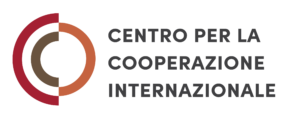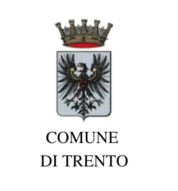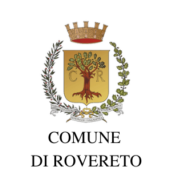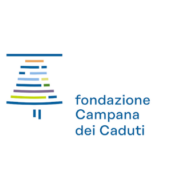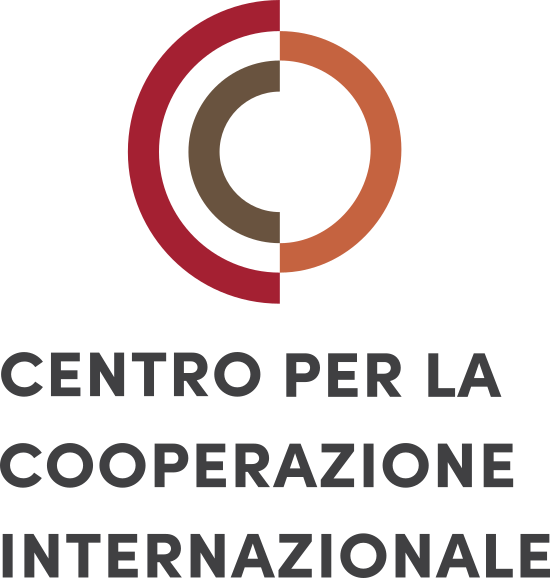The European Union is often described as a distant and inaccessible institution, but in fact there are many tools and opportunities that European citizens can use to be actively involved in European politics and influence the work of institutions. Of such tools we are often unaware.
The seminar is addressed to citizens, journalists, local administrators, representatives of civil society organisations, students, and teachers and aims at introducing them to the functioning of European institutions and namely the role of the European Parliament, the only European institution directly elected by European citizens.
The workshop seeks to provide an overview of European institutions and the opportunities and tools that citizens can use to promote their interests and demands on the European agenda. It will provide knowledge and skills to use available spaces for civic and political action at the European level and engage in collaborations and networks with other actors in the European sphere, e.g. activists, NGOs, MEPs, etc.
The workshop will last about 2.5 hours and will be mostly interactive. During the session, we will also make use of the training materials developed by OBCT for the e-learning module “The Parliament of Rights”.
The seminar will cover the following topics: the competences of the EU; the legislative process and the functioning of the European Parliament; case studies on specific European legislation and norms; opportunities and tools for political action from below with case studies.
The seminar is free and will be held in English.
Register in advance for this meeting:
https://us06web.zoom.us/meeting/register/tZEsceyorjsiGt0FTrLdEKPdAkq3Z7AnToXm
After registering, you will receive a confirmation email containing information about joining the meeting.
The seminar is part of a set of training organised within the project “The Parliament of Rights, 3rd edition”, co-funded by the European Union. For more information on the project, see: https://www.balcanicaucaso.org/eng/Projects2/The-Parliament-of-Rights-3
For more information, please contact: vignola@balcanicaucaso.org
